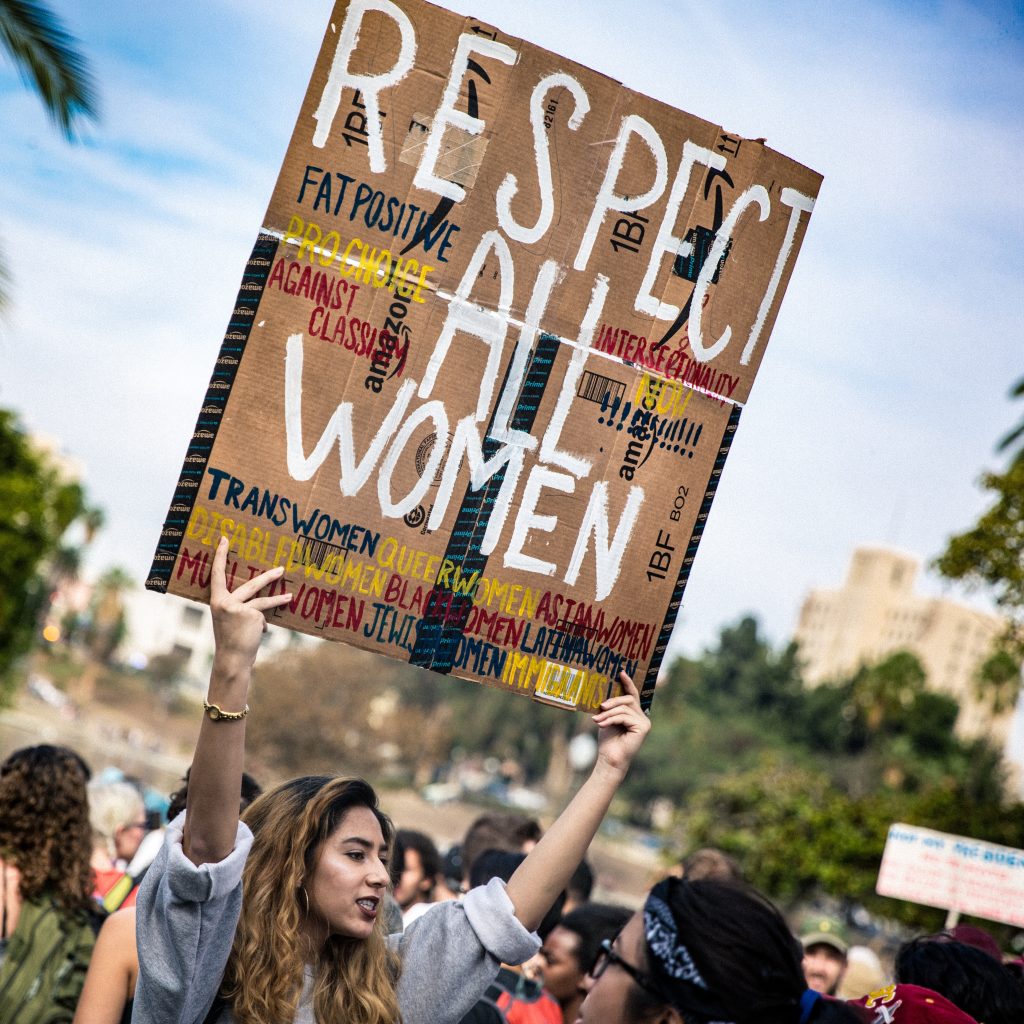
For as long as feminism has been around, the angry feminist has been a stereotype used to dismiss the claims of women. Calling a woman angry is the best way to ignore what she is saying, after all, who would listen to a screaming woman who cannot control her emotions. In the Supreme Court hearing last month, Brett Kavanaugh revealed himself to be an angry man. Throughout American history white men’s rage has been seen as righteous. An angry man is a hero, he is a revolutionist, maybe he is an American Founding Father, a symbol of patriotism to be loved and his angry fetishized. But why is it that every women who is enraged is immediately dismissed?
In 1991, Clarence Thomas was nominated to the Supreme Court by George H.W. Bush. After his nomination, Anita Hill, a law professor who had previously worked under Thomas, accused him of sexual harassment and eventually testified to the Senate Judiciary Committee. Almost immediately, Hill became a target. There was a brutal smear campaign used to discredit her, not to mention the trauma of having to recall and relieve the harassment and share it with the world.
This October, Dr Christine Blasey Ford was subjugated to this same experience when testifying against her alleged abuser, the new Supreme Court Judge Brett Kavanaugh. After being questioned she received death threats forcing her and her family to leave their home, was laughed at by the media who didn’t believe her, and even mocked by the president. Whilst Dr Ford spoke clearly and calmly, Kavanaugh almost cried through his opening statements, and his anger throughout was palpable.
All of this was part of the Republican party’s tactics surrounding Kavanaugh’s confirmation: Senator Lindsey Graham yelled on behalf of Kavanaugh’s saying “this is not a job a job interview, this is hell”. All the theatrics of the GOP made it evident that their anger was legitimate, the anger of the women who confronted was unjustified and inappropriate. When Clarence Thomas was up for nomination, he said he was receiving a “high-tech lynching”. Being the second black man up for the Supreme Court, Thomas faced a host of racial problems but he also benefited from a patriarchal society which let him get away with harassment of a black woman.When Anita Hill came forward she put sexual harassment on a national stage, but now we are all aware of it. Now in the era of #MeToo, men have decided that reputation is just as important as woman’s safety. As Kavanaugh wept he said that his family name had been “totally and permanently destroyed.”
With all of this, it’s easy to think that nothing has changed since 1991. Trump admitted to assaulting women and is now president and once again a predator has been given a lifetime appointment to make the highest judicial decisions in the US. But we have to remember that this is the work of centuries of the patriarchy. Progress may seem glacial but it will, of course, take more than a year the change the global culture. In the meantime, women need to keep being angry.
